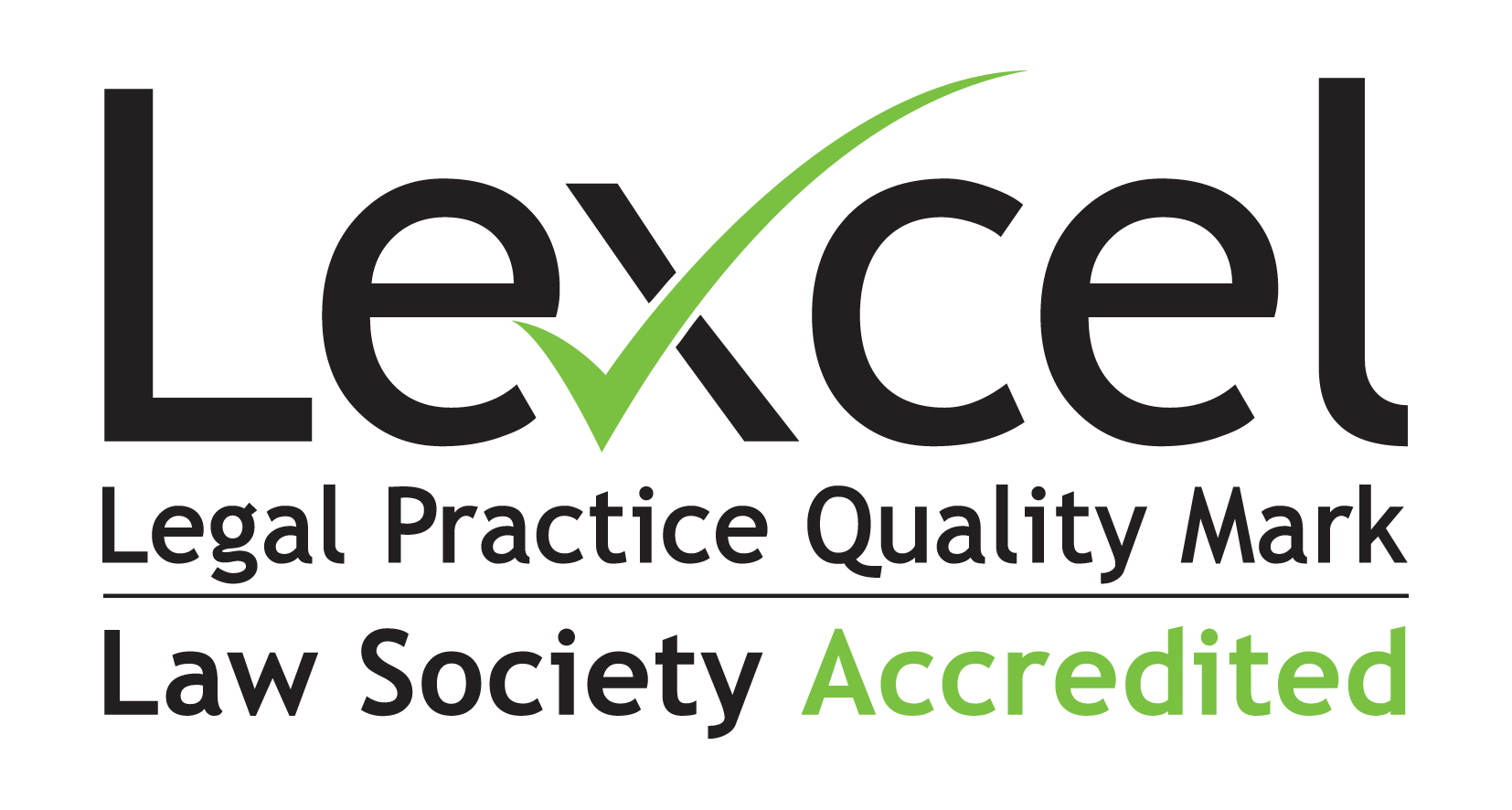A poll conducted by the Law Society has found that the most stressful aspect of buying a new home is the time it takes to advance the matter to completion. In fact, 65% of homebuyers indicated that they were willing to pay more in legal fees in exchange for a speedier transaction.
The conveyancing process takes, on average, 11.3 weeks to complete. At Hartley & Worstenholme, we aim to progress the matter to completion within this time frame, or sooner, without ‘hiking up’ our fees.
To speed up the conveyancing process, we aim to:
– open your file and produce the initial paperwork within a week of receiving sales instructions
– deal with correspondence as soon as possible
– liaise with estate agents and brokers who are helpful in progressing the matter
– schedule a review of your file at appropriate intervals so that you are always on our radar
– tell you up front what we need from you to proceed as quickly as possible
Sometimes, transactions cannot be completed within the anticipated time period for many reasons – for example, where there are issues with funding, whether there are title defects or whether there is an uncooperative seller. Of course, we strive in these situations to keep you fully informed of any delay and to get the matter to completion as quickly as possible.
You can help us keep the process efficient by:
– arranging funding prior to making an offer on the property
– promptly replying to our correspondence
– keeping in touch with the estate agent
Hartley & Worstenholme aim to ensure that our pursuit of a speedy and efficient transaction does not affect our thorough, diligent and tailor-made service.







